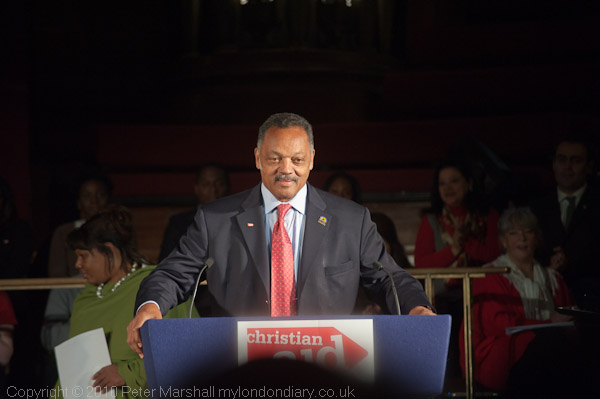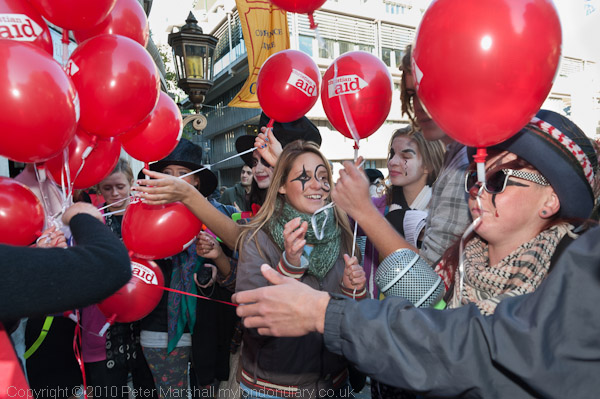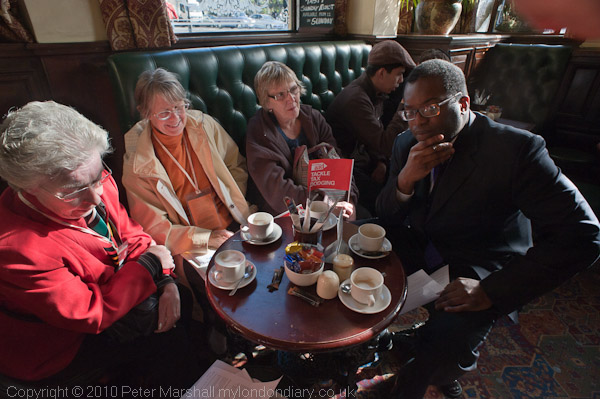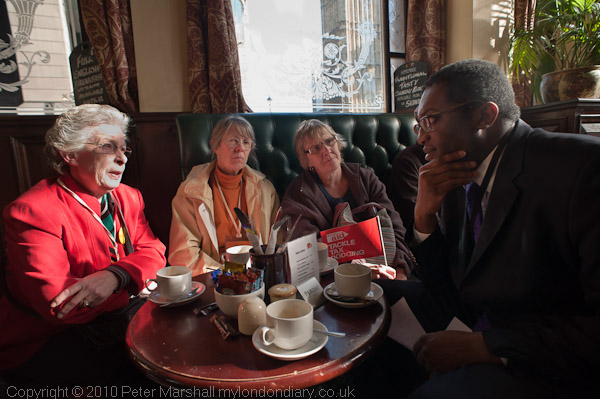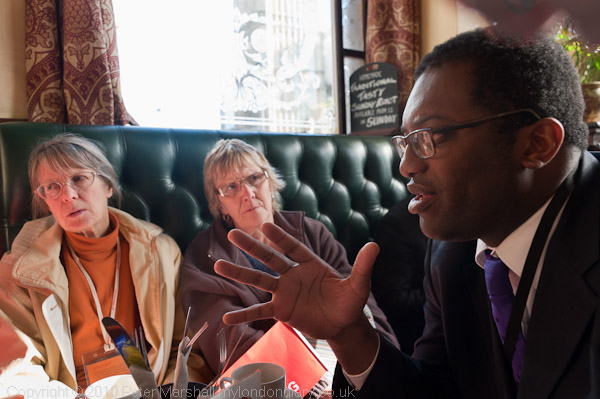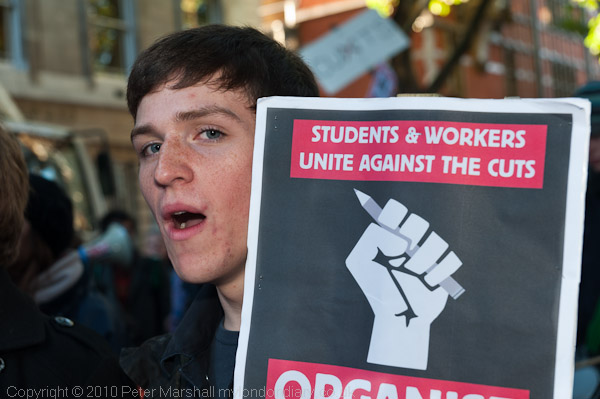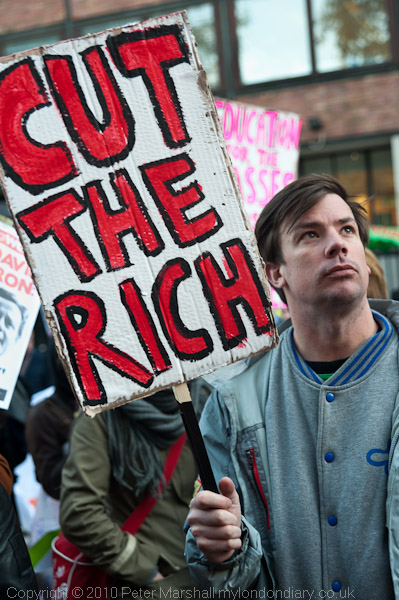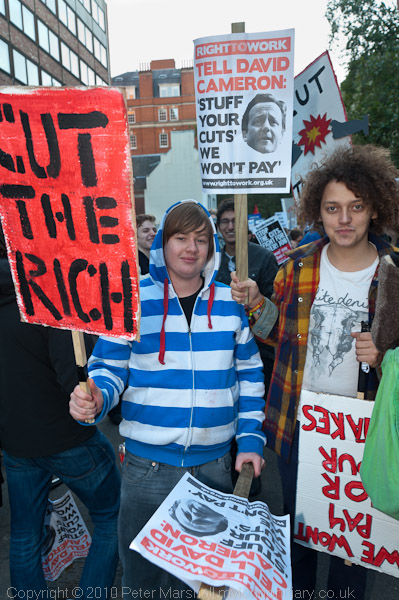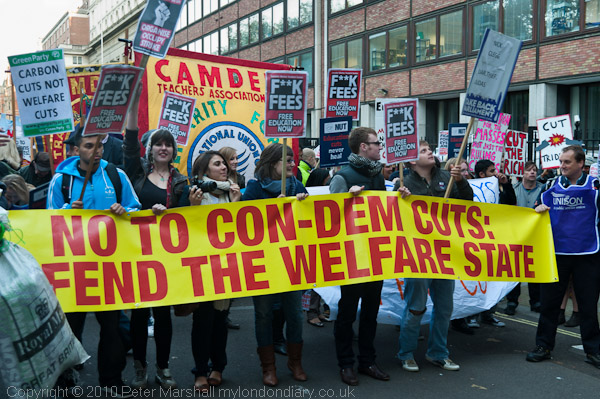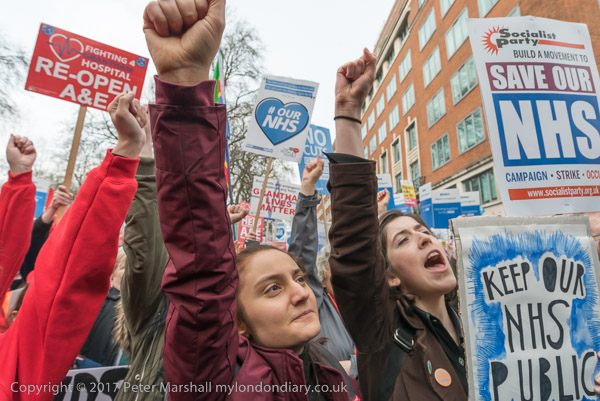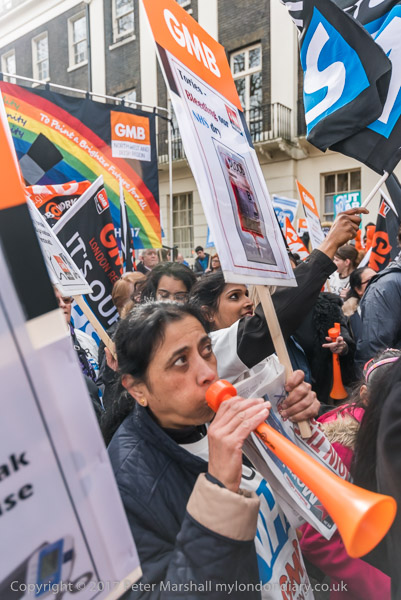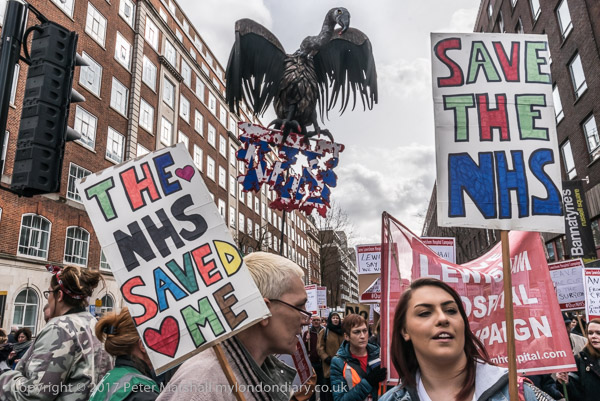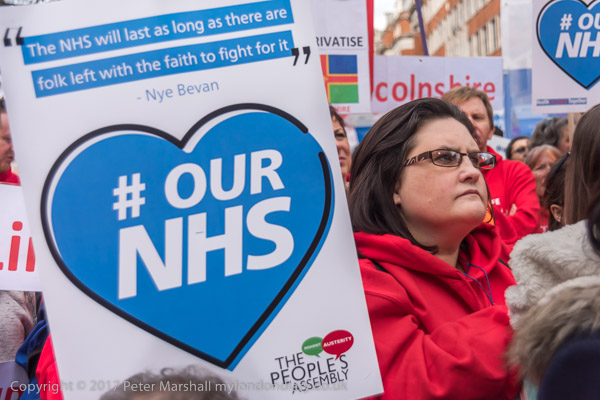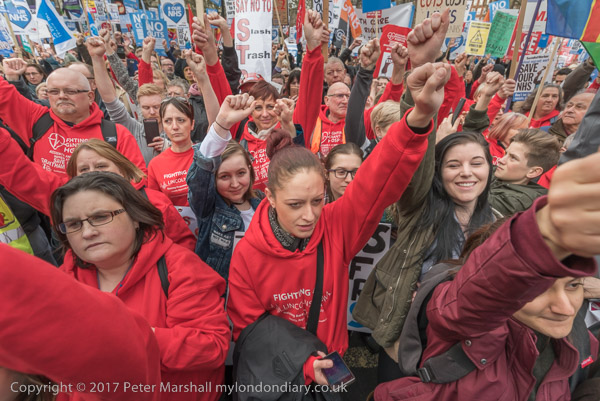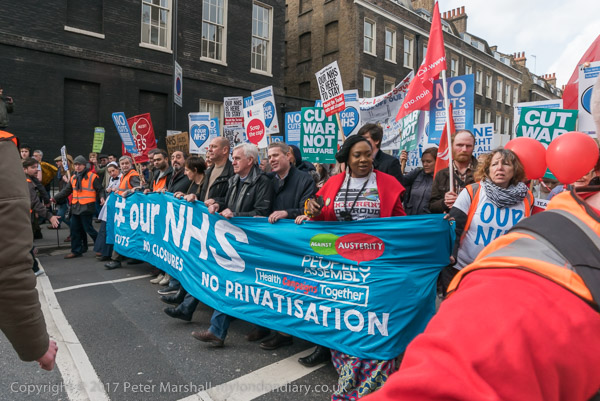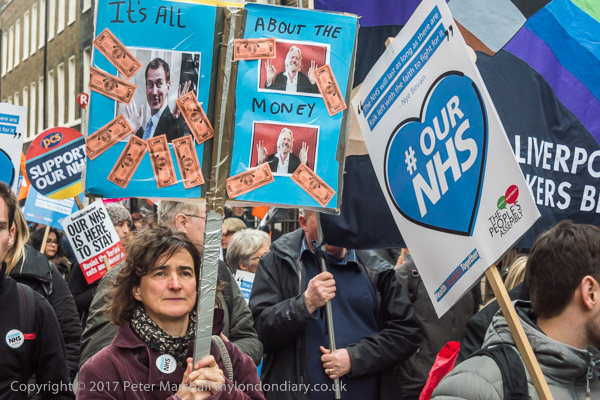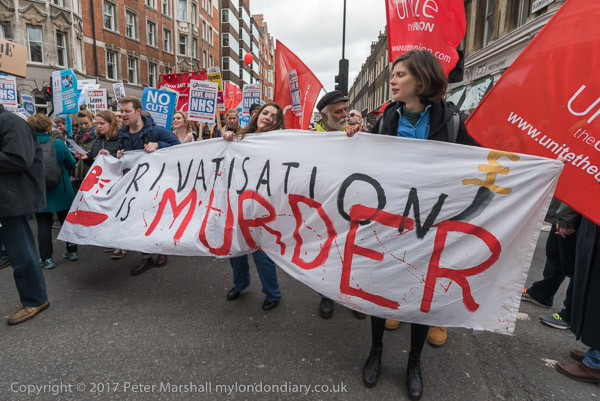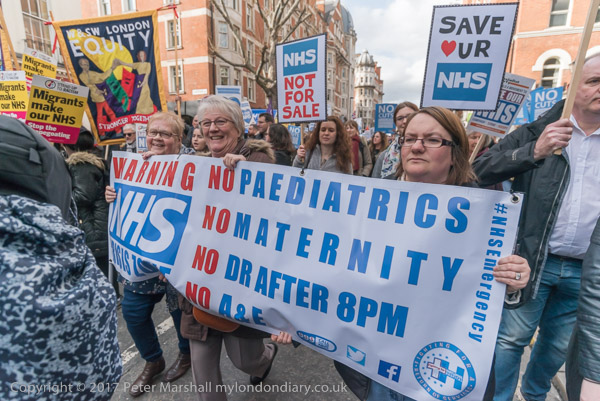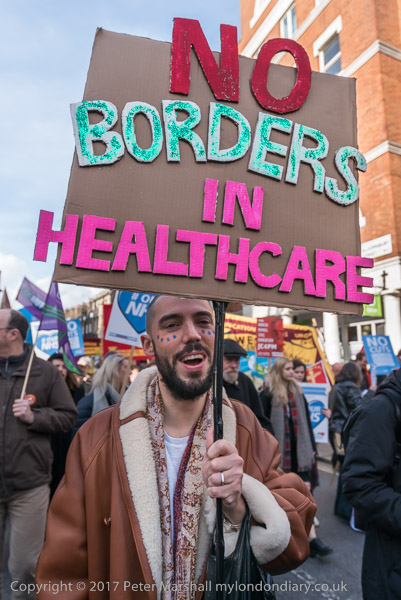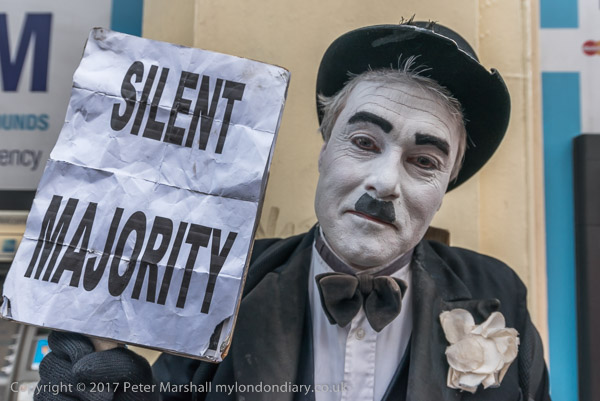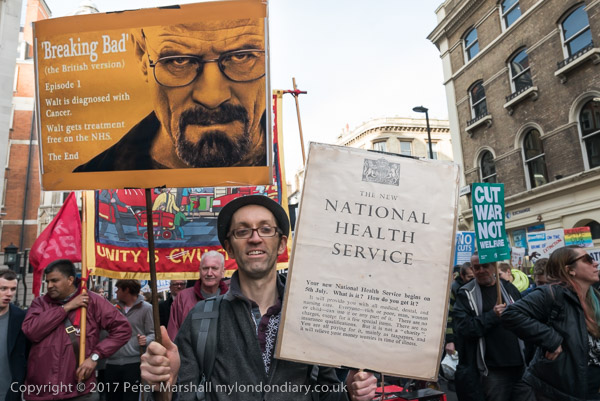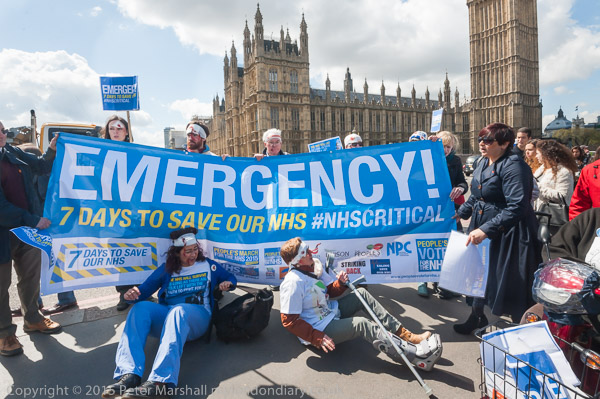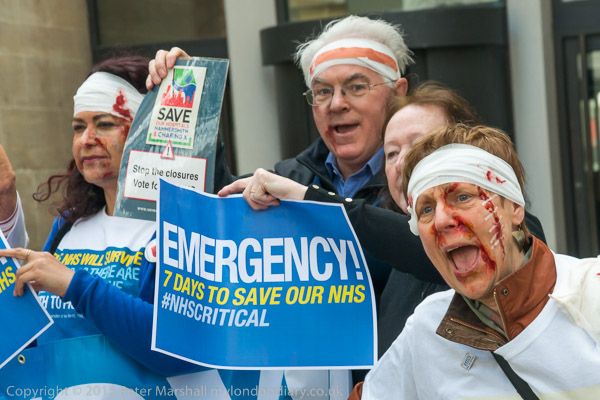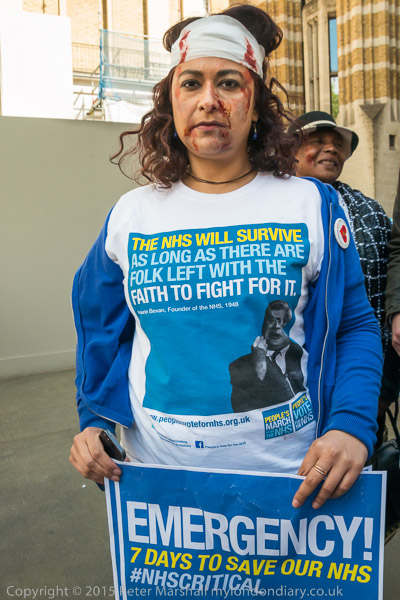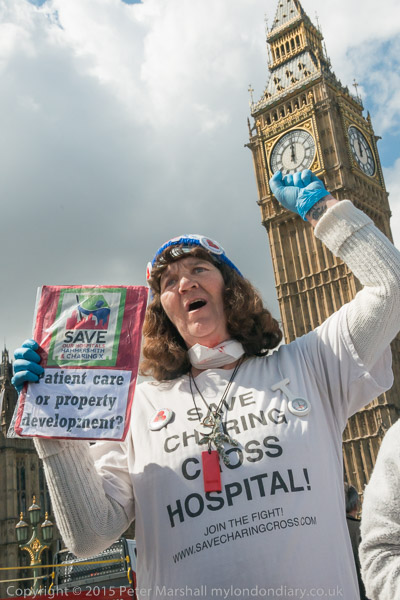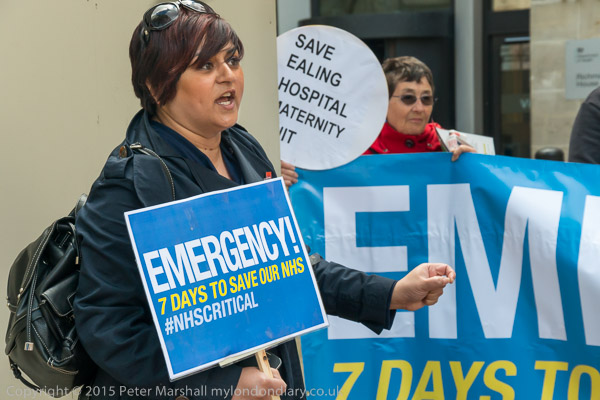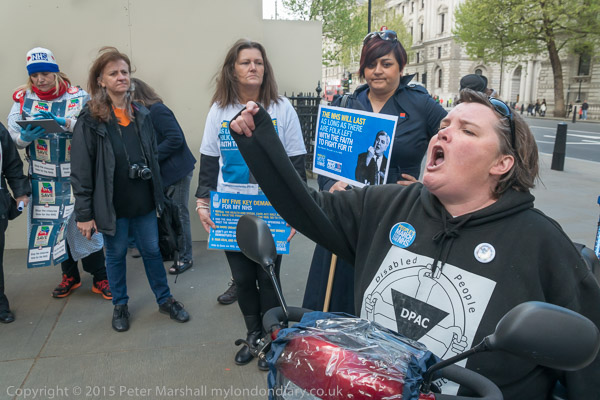Key Workers were protesting in London on Wednesday 2nd December 2015, but their protests were ignored by government and then Tory Mayor of London Boris Johnson. Since then we have seen that the warnings of the protesters were real and the consequences of Tory policies have led to disaster. It’s a failure of our system of government that allows dogmatism and class interests to pursue such irresponsible policies at both local and national level, and one hugely facilitated by a media largely controlled by a handful of billionaires.
Firefighters say cuts endanger London – City Hall, Wednesday 2nd December 2015
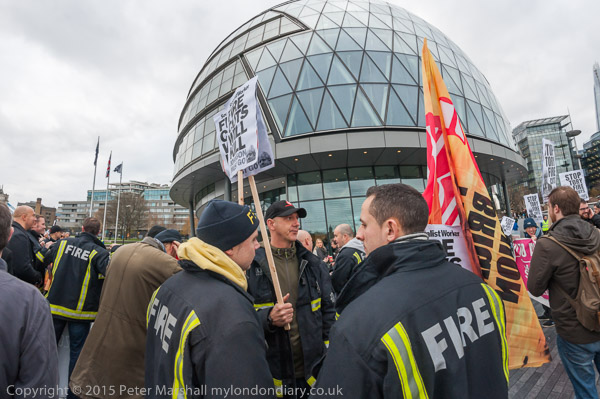
Firefighters and supporters protested at City Hall against plans to get rid of 13 fire engines and slash 184 firefighters in the London Fire Brigade. These came on top of previous cuts and station closures which have already led to increases in the time taken for firefighters to arrive at fires which have lead to people who would otherwise have been rescued dying in fires.
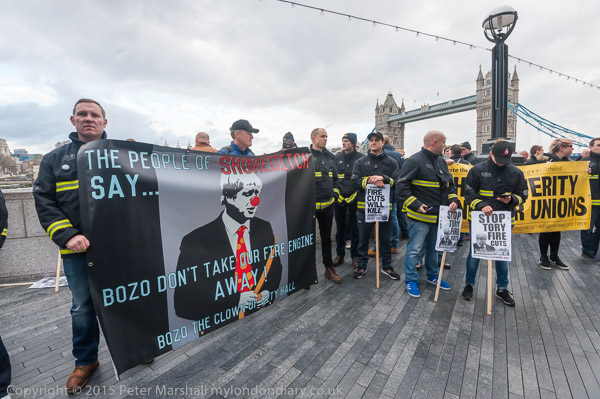
Trade unionists and others came to support the firefighters and some spoke at the rally along with speakers from the FBU. It took only a little persuasion to get George Galloway to speak. Members of the London Assembly had put forward an alternative plan to make savings and avoid the loss of the fire engines but these were dismissed by London Mayor Boris Johnson.
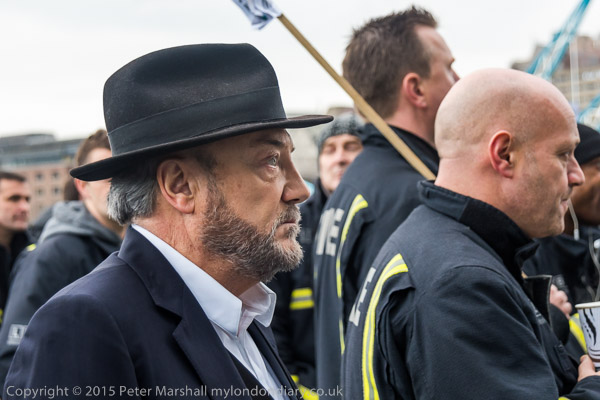
One of the consequences of the cuts to London’s fire services came sadly and disastrously with the loss of 72 lives at Grenfell Tower on 14 June 2017. We found then that London simply didn’t have a single fire engine capable of dealing with a fire in the upper floors of the building. Fortunately Surrey, although it has far fewer high rise buildings had kept one which could be called in to help, or the death toll would have been even higher.
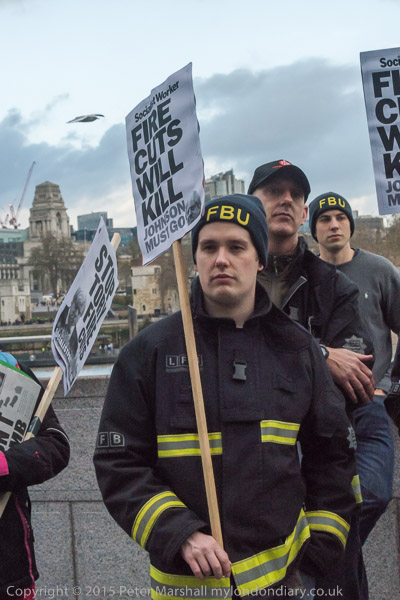
Firefighters say cuts endanger London
Save NHS Student Bursaries – Dept of Health, Whitehall, Wednesday 2nd December 2015
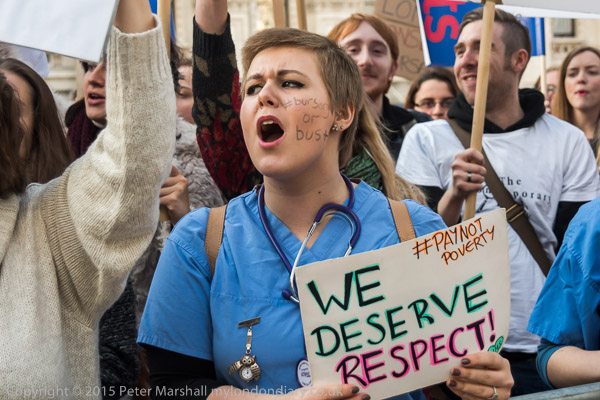
George Osborne had decided to scrap NHS student bursaries from 2017. Nurses and other healthcare students have to spend around 50% or their time working in hospitals for the NHS during training and so are largely unable to take on part-time work as many other students do. They only payment they get for this work is through the bursaries.
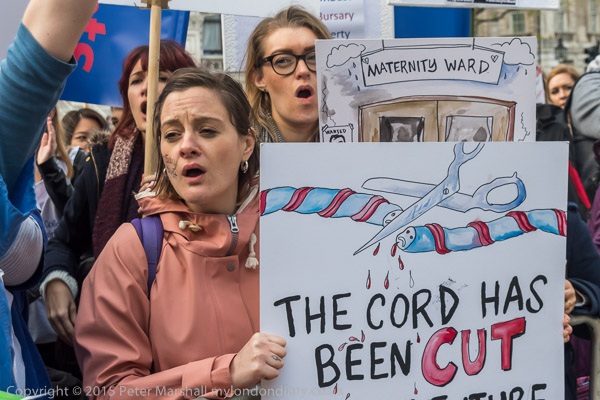
It seems totally unfair to ask them to take out student loans and work for the NHS for nothing as well. And since many of the jobs they go into are not particularly well-paid, it makes little financial sense as many would probably never fully repay their loans.
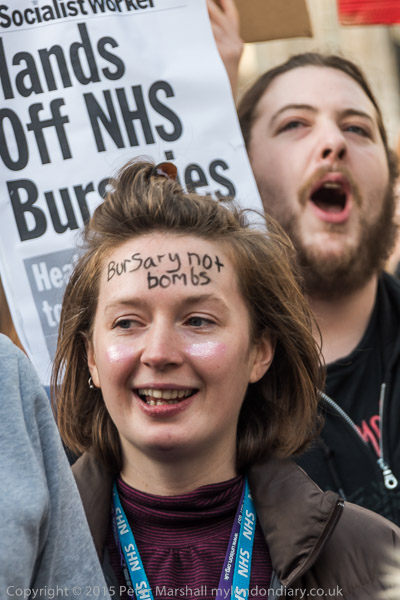
But what nurses said it would do was to lead to a reduction of students applying for healthcare courses, particularly the many single mothers and more matures students who are enabled to take the courses by the bursaries. And to take this action at a time when there was a critical shortage of medical staff was sheer lunacy.
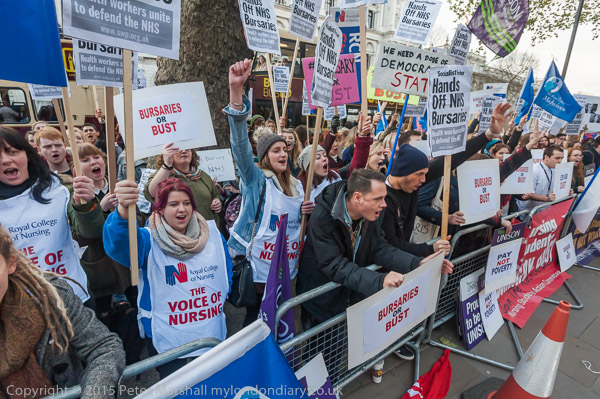
Of course they were right. The situation in the NHS is even worse now partly due to this axing of bursaries. Of course there are other factors too – including a racist immigration policy which has been made much worse with Brexit. And the continually increasing privatisation taking place.
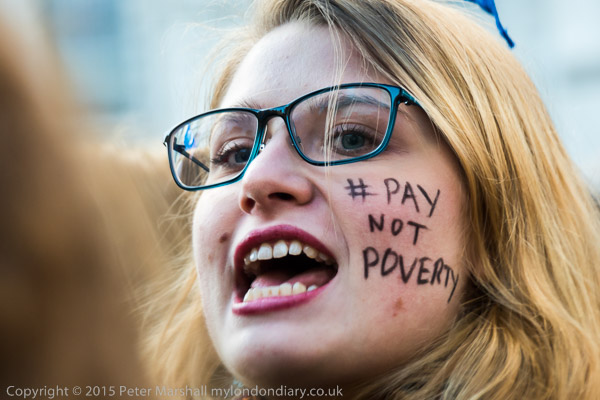
The NHS has so far suffered various areas of breakdown caused of exacerbated by various government policies – including some under New Labour who promoted disastrous PFI schemes that have brought some hospital trusts to financial ruin. Covid was another savage test and things look set to get far worse in the coming winter months. And given the years of below inflation pay offers its hardly suprising that nurses are now about to strike.
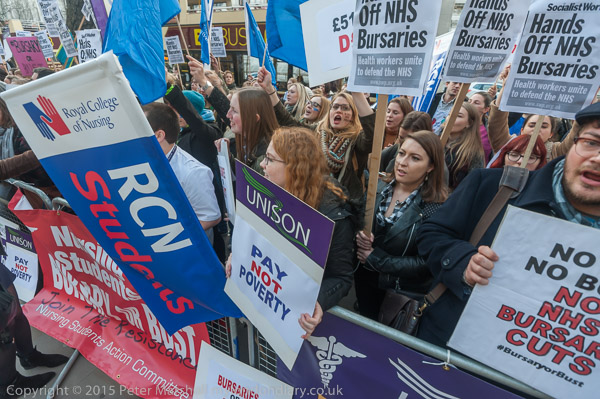
The problems with scrapping the student bursary were so intense that the government was forced to set up a new bursary scheme in 2020. But while the previous scheme had a maximum of £16,454 a year, with a minimum of £10,000, the new scheme was considerably less generous, at a standard £5000, with additions for shortage areas and childcare giving a maximum of £8000.
